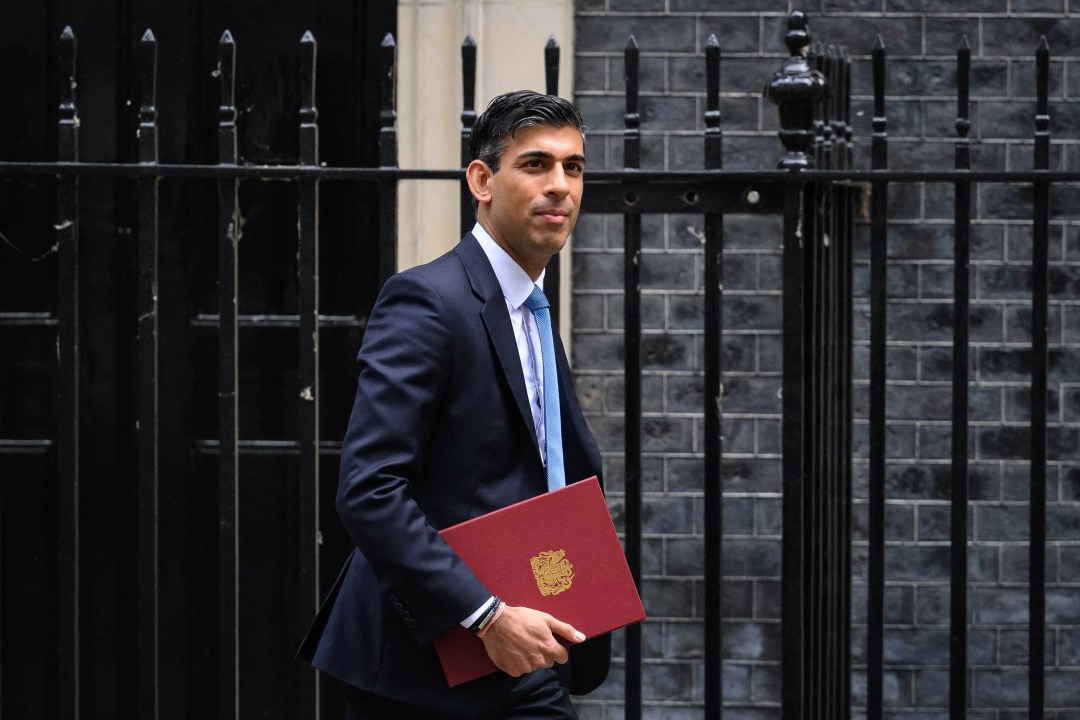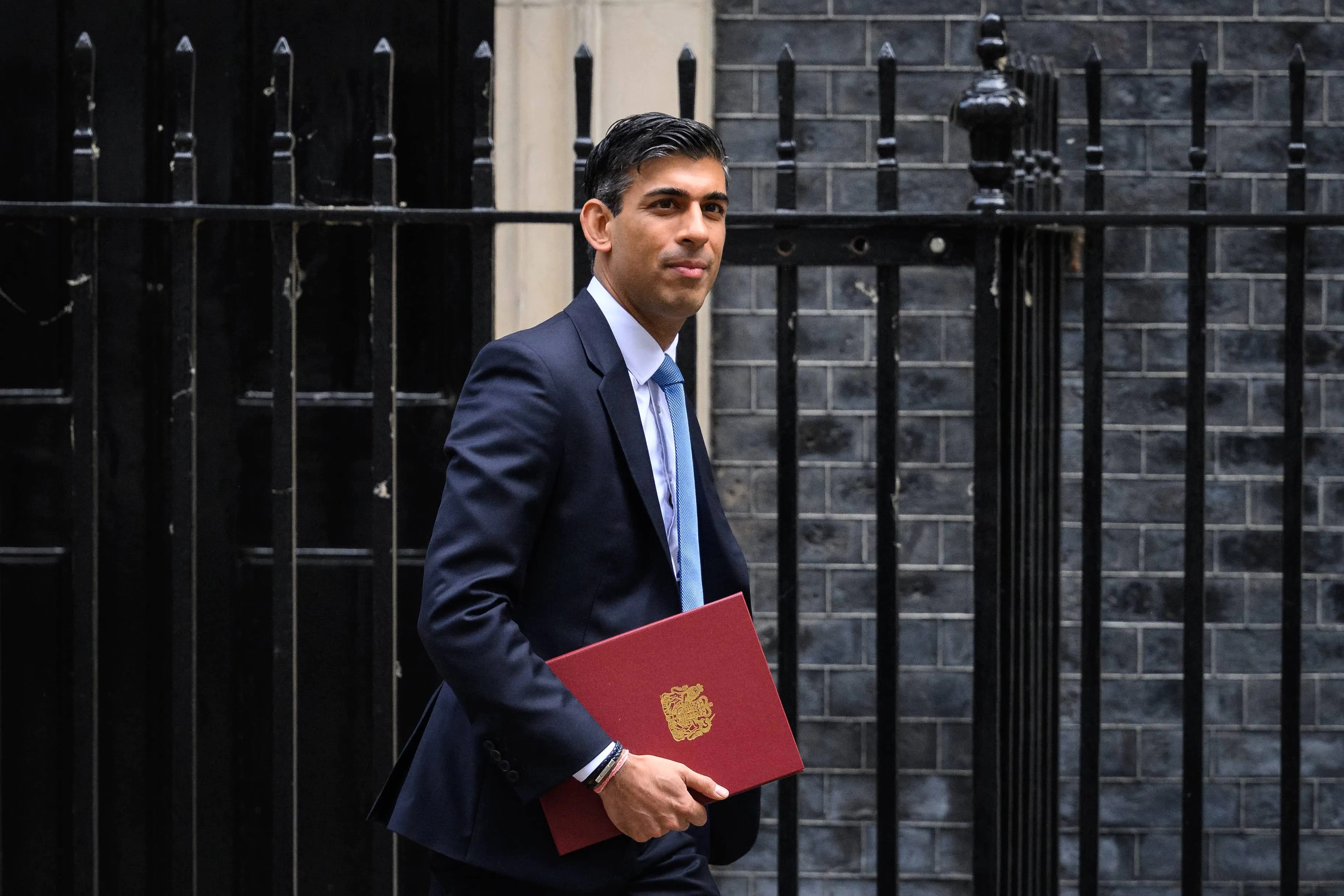Rishi Sunak’s first order of business will be restoring stability to the government and, thereafter, regaining the confidence of the markets. But the incoming prime minister will eventually have to confront a looming threat of even greater import: Scottish independence. Lawyers for the UK and Scottish governments are currently battling over the matter before the Supreme Court. Nicola Sturgeon wants to hold another referendum on independence next year, but Westminster has refused to grant one like it did in 2014 – so now Holyrood is testing whether the Scotland Act, which set up the devolved parliament, bars the Scottish government from holding a plebiscite of its own. Sturgeon has already warned that, should the court rule that the Act does bar such a move, she will fight the next general election as a de facto referendum.
Sunak is at a disadvantage in that he’s a numbers guy, not a constitution guy
Sunak is at a disadvantage in that he’s a numbers guy, not a constitution guy. He hasn’t shown much love for the Union so far. Though he learned all the main talking points for his last leadership campaign, he will have to find a way to speak about it that sounds sincere and resonates with pro-UK voters north of the border. This is, after all, a politician who has previously had to deny reports that he privately advocated English independence from the UK on financial grounds. When he, Liz Truss and Penny Mordaunt were interviewed by Isabel Hardman in July, I observed that Sunak had given the least convincing answer on whether he would allow Sturgeon another referendum. His reply was halting, ponderous and even included a nervous laugh when he said he hoped the Supreme Court would rule in the UK Government’s favour. He sorely needs a crash course on Scotland, the Union and independence.
The SNP’s attack line on Sunak is threefold. First, he doesn’t have a UK-wide mandate and therefore must call a general election. Second, he must not embark on another Osborne-style diet of austerity cuts. Third, he specifically has no mandate in Scotland – where the 2019 election saw the Tories lose half their seats – and has no business standing in the way of another referendum.
Sunak will have to make up his mind on constitutional questions. He can either continue Boris Johnson’s approach of avoidance and neglect or follow David Cameron’s example and try to appease Scottish nationalism by giving Holyrood even more powers, perhaps agreeing to another referendum down the line. Or he could adopt a reformist policy that affirms the constitutional integrity and territorial sovereignty of the UK and focuses on strengthening the country rather than helping nationalists to salami-slice it to death. Sunak could build new UK-wide institutions over and above the current constitutional arrangements to forge more ties between people across the country and reform the devolution settlement to return it to its original purpose and stop the SNP misusing it to undermine the UK. Where it is in the national interest – I’m thinking another pandemic-style situation – legislate national solutions even in devolved areas. He should aim to integrate Scotland more closely with the rest of the country, including by bold measures such as moving a major government department to Glasgow or Aberdeen, or building a world-leading UK cancer research facility in Dundee.
All this would mean investing a lot of time, resources and political capital, a trifecta of things Sunak does not have. It’s unlikely that we’ll see dramatic reform. Carrying on Johnson’s legacy of not-so-benign neglect risks seeing the UK further undermined, but it is the safest, cheapest, easiest option. Sadly, this makes it the most likely outcome.








Comments